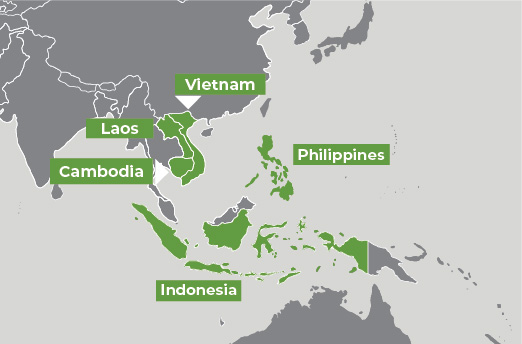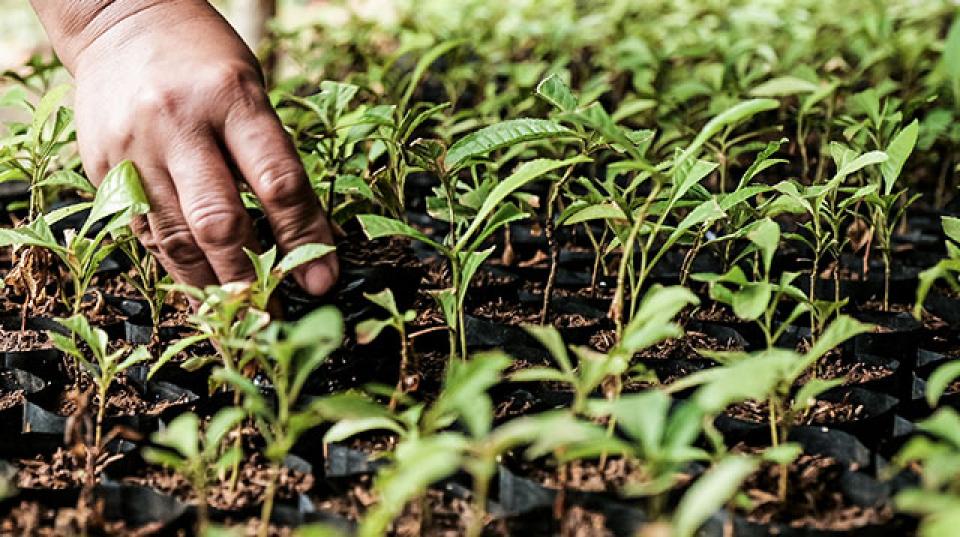Overview
This project will map major ongoing regional and national initiatives (including those of the One CGIAR) to each of 8 transformative missions for science-based action on future water security.
The missions, a commitment formalised at UN Water 2023, will be translated into a strategic road map for implementation in the Mekong Region. The project will mobilise multi stakeholder mission coalitions for collective action. These coalitions will engage individuals and institutions willing to take on different roles such as co-lead, working group member (initiator and activator), dialogue group member (responding and thinking along), to:
- Understand the challenge and agree on the need for action.
- Forecast anticipated improvements to communities, livelihoods and natural systems from well-executed missions. iii. Identify research and development gaps.
- Identify opportunities/entry points for coordinated investments and coherence building in national and regional planning processes. Australia has been a significant and highly valued research partner of CGIAR, especially in the Mekong region.
Representatives from ACIAR and other key Australian collaborators in collective action will be invited to participate in consultations throughout the project lifespan. The approach and outputs from this project will also serve as a template for other regions where the International Water Management Institute (IWMI) is advancing the Transformative Futures for Water Security (TFWS) agenda. Anticipated outcomes include a broadening of the water network in the Mekong region and the identification of new investment priorities.
Activities and expected project outcomes
- Establishing a Regional Planning Committee and holding a meeting(s) to agree and refine the process of developing the road map and operational/logistical matters.
- Identifying and convening potential TFWS mission champions that are interested in championing specific missions in the region through simple surveys and follow-up discussions.
- Reviewing literature of existing regional initiatives against the TFWS missions recognising that a lot of relevant work is already under implementation. Through face-to-face and virtual events.
- Building consensus on the need for action through a shared understanding of the mission challenge.
- Undertaking a participatory scenarios-based process (visioning) that maps anticipated improvements (outcomes) to communities, livelihoods and natural systems from well-executed missions
- Defining objectives, systemic levers, and projects needed to deliver on the missions.
- Identifying gaps and opportunities in the research for a development portfolio that could form the basis of future investments in the region.
- Identifying appropriate entry points for donors to engage more effectively and systematically in the region.
- Identifying collaborative approaches to build high-level political support for the TFWS missions.




